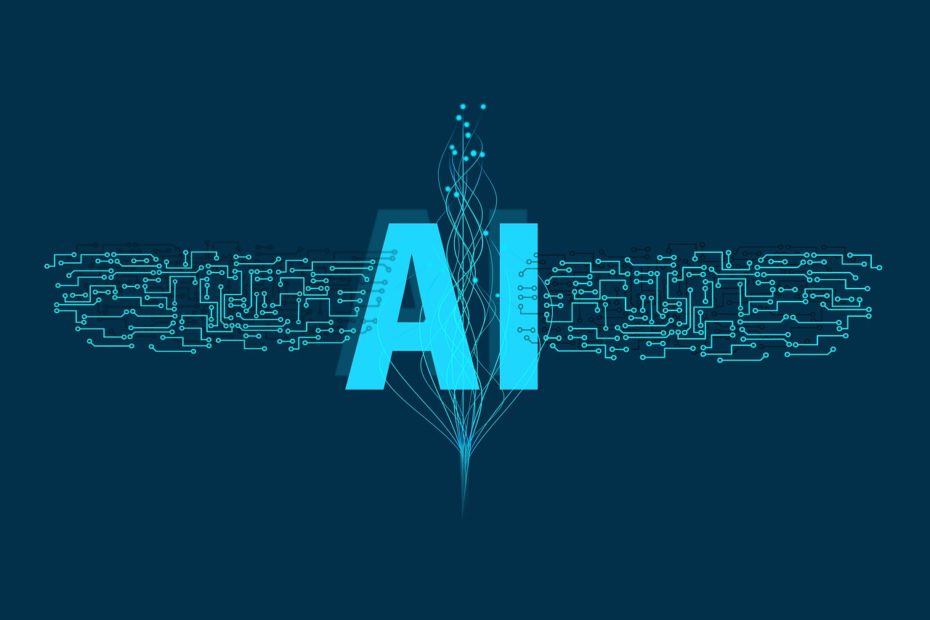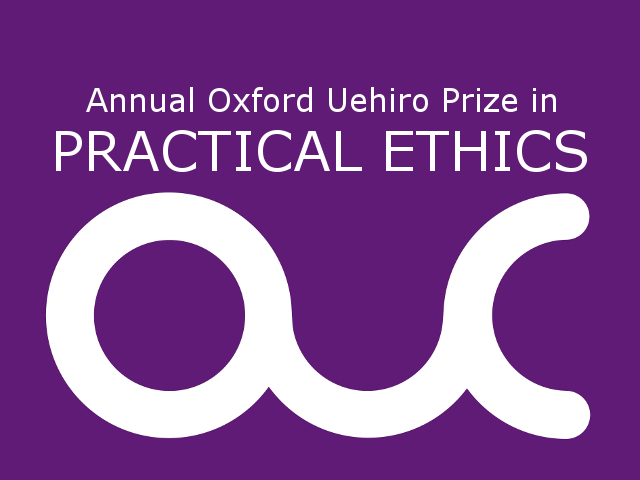This is the first in a series of blogposts by the members of the Expanding Autonomy project, funded by the Arts and Humanities Research Council
Written By: J Adam Carter, COGITO, University of Glasgow
E-mail: adam.carter@glasgow.ac.uk
What are things going to be like in 100 years? Here’s one possible future, described in Michael P. Lynch’s The Internet of Us. He invites us to imagine:
smartphones are miniaturized and hooked directly into a person’s brain. With a single mental command, those who have this technology – let’s call it neuromedia – can access information on any subject ….
That sounds pretty good. Just think how quickly you could gain information you need, and how easy and intellectually streamlined the process would be. But here is the rest of the story:
Now imagine that an environmental disaster strikes our invented society after several generations have enjoyed the fruits of neuromedia. The electronic communication grid that allows neuromedia to function is destroyed. Suddenly no one can access the shared cloud of information by thought alone. . . . [F]or the inhabitants of this society, losing neuromedia is an immensely unsettling experience; it’s like a normally sighted person going blind. They have lost a way of accessing information on which they’ve come to rely.Read More »Cross Post: Brainpower: Use it or Lose it?



